The Rothschild Prize was awarded this year to five researchers in the fields of life and social sciences. The winners of the prestigious prize, which is awarded once every two years, are: Prof. Avraham Lampel from the Technion, Prof. Shalom Appelbaum from the Hebrew University of Jerusalem, Prof. Ariel Rubinstein from Tel Aviv University, Prof. Yoram Gruner from the Weizmann Institute of Science, and Prof. David Kashdan from the Hebrew University in Jerusalem.
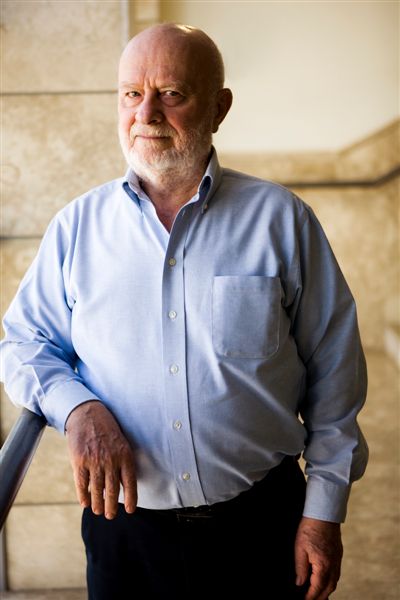
The Rothschild Prize is awarded once every two years, in some fields, while in every field the prize is awarded once every four years. This year the prize is awarded in the fields of engineering, agriculture, social sciences, life sciences and mathematics.
The Council for the Rothschild Awards has eight members and is made up of representatives of the Israeli government, the Rothschild family, academic institutions in Israel, and the Israel National Academy of Sciences. After a series of discussions, the Council, chaired by Prof. Judit Birak, decided to award the Rothschild Prize for 2010 to the following researchers:
Engineering: Prof. Avraham Lampel, Technion - Israel Institute of Technology
The award was given to Professor Avraham Lampel for his groundbreaking work on information compression and especially for the revolutionary Lampel-Ziv algorithm which is a critical technology for implementing many applications in computing, the internet and effective digital communication.
.
.
.
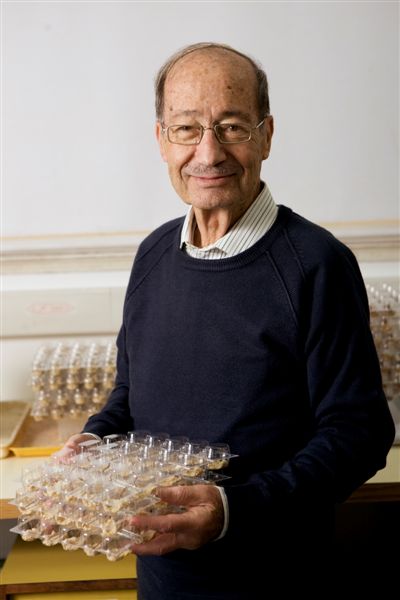
The award was given to Professor Shalom Appelbaum for his innovative research, which relates to the effect of environmental stressors on the physiology of insect behavior, and for collecting the basic information and bringing it towards advanced application in the protection of agricultural crops.
.
.
.
.
.
.
.
.
.
.
.
.
.
.
.
.
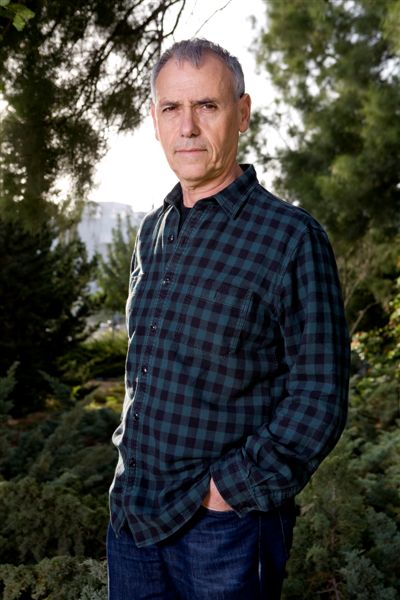
The award was given to Professor Ariel Rubinstein for his outstanding contributions to economic theory, the philosophy of economics and game theory, and especially for researching the nature of equilibrium, both in economic systems and in repeated games, of the strategic characteristics of bargaining processes, and of the limits of rationality. As a supervisor and mentor, working on the cultivation of young researchers, Professor Rubinstein developed innovative and fascinating teaching methods.
.
.
.
.
.
.
.
.
.
.
.
.
.
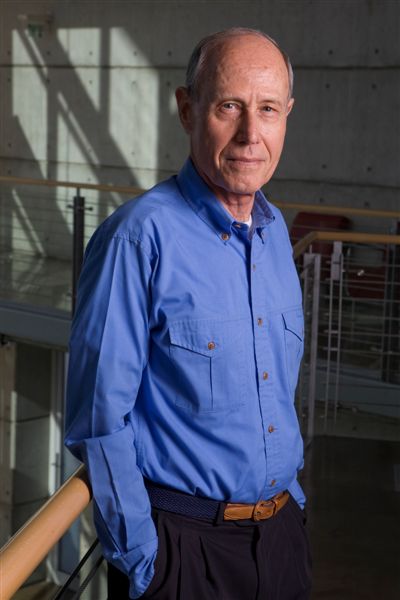
The prize was awarded to Professor Yoram Gruner for his original research and groundbreaking discoveries in the molecular biology of Down syndrome, which indicated a direct link between excess genes from chromosome 21 and the appearance of clinical symptoms of the disease, and proved the excess gene dosage theory as a cause of the development of Down syndrome.
.
.
.
.
.
.
.
.
.
.
.
.
.
.
.
.
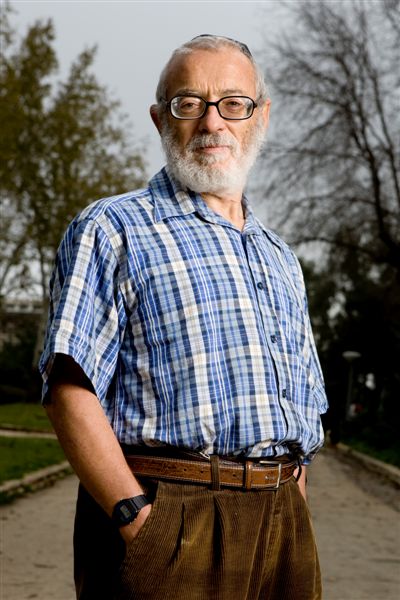
The prize was awarded to Professor David Kashdan for his extensive work in the theory of bundles, in its algebraic and geometric aspects, emphasizing the connection between the discrete and the continuous, and between mathematics and physics. Special mention should be made of his decisive contributions to the study of strings in Li groups, the theory of representations in general and automorphic representations in particular.
About the Rothschild Prize:
The Rothschild Prize has been awarded since 1959 to outstanding researchers in various fields, and its purpose is to help, encourage, and promote science and culture in Israel.
The representative of the family, Lord Jacob Rothschild, said: "My daughter Dorothy de Rothschild and my father Victor recognized the potential inherent in human capital in Israel and therefore founded the Rothschild Prize, in order to promote this vision."
This is the 50th year that the award has been given by the Rothschild family, and this year, the National Library was chosen to host the ceremony. This, as a token of appreciation for the role of the National Library of Israel in collecting, preserving, distributing, bequeathing and promoting the research of the cultural and historical heritage of the people and the state. The National Library, which is in the process of renewal, has served as a center for researchers from Israel and the world for over a century. As part of the renewal, digitization and accessibility of the extensive material in the library's collections will be carried out, so that the treasures of manuscripts, newspapers, archives and books will be accessible to anyone who wishes to consult them.
The Chairman of the National Library, David Bloomberg, said: "In this year, when the library is starting a new path, I am happy and proud to host the recipients of the Rothschild Prize, who are an example of extensive research activity, non-stop innovation and a true spirit of passion for knowledge. I congratulate the winners, thank the Rothschild family and the benevolent Lied for giving the library the honor of hosting, and believe that there is nothing like the National Library to host lovers of knowledge and wisdom."
The chairman of the Rothschild Awards committee, Prof. Judit Birak, said: "This year there was a very impressive response to the call to submit candidates. The choice was very difficult because of the exceptional quality of a large part of the candidates, who are first-rate scientists and researchers by any standard - both Israeli and international."
